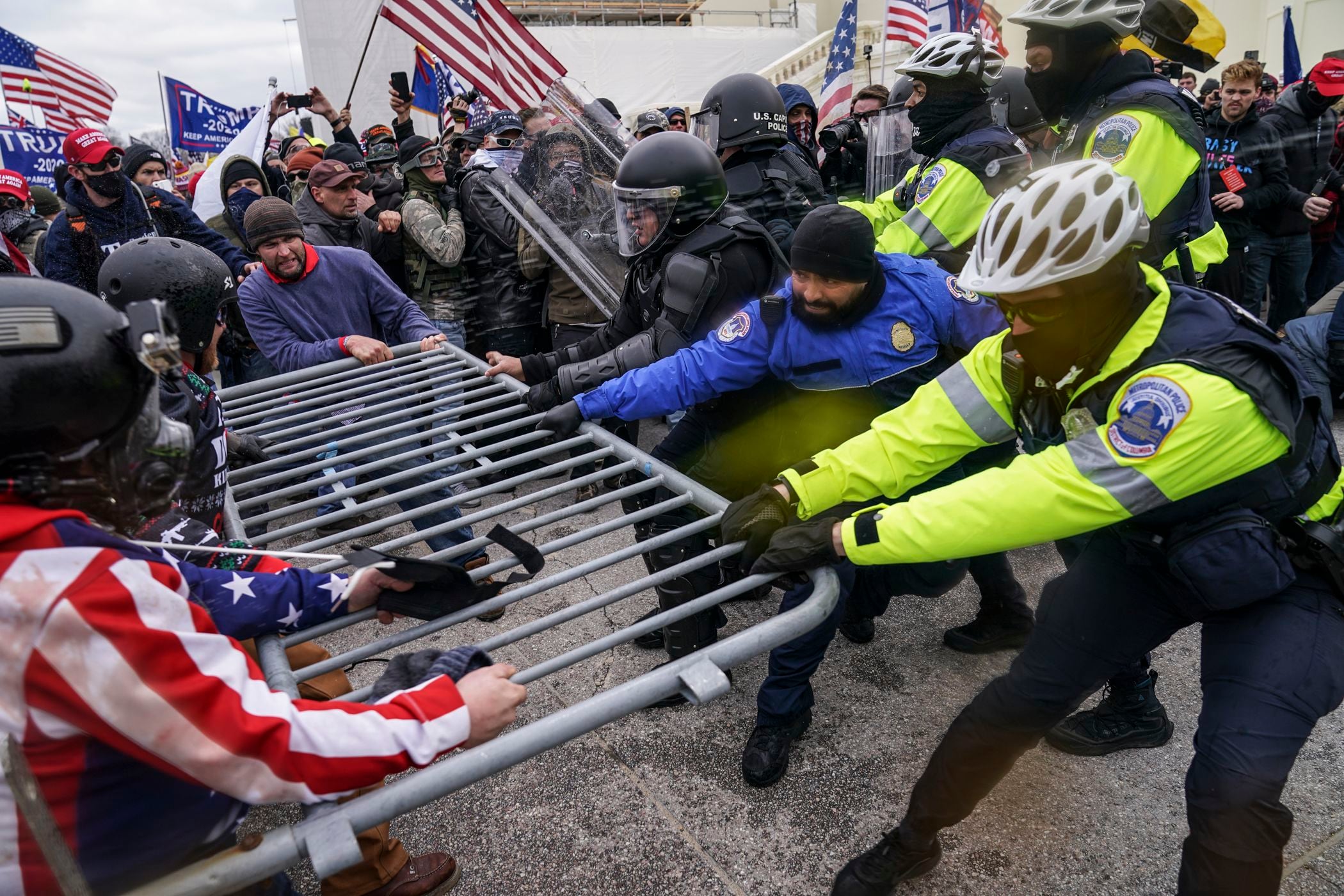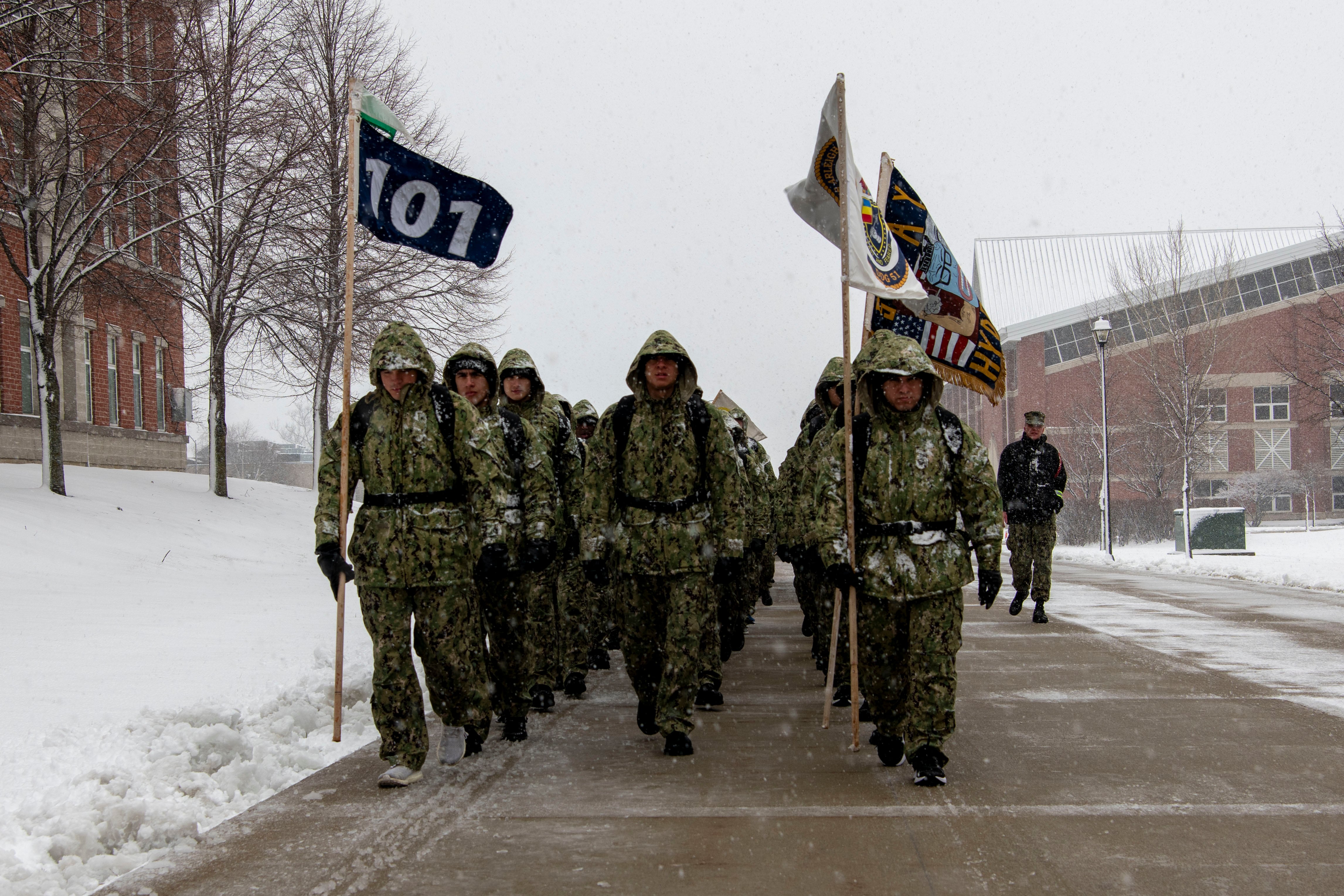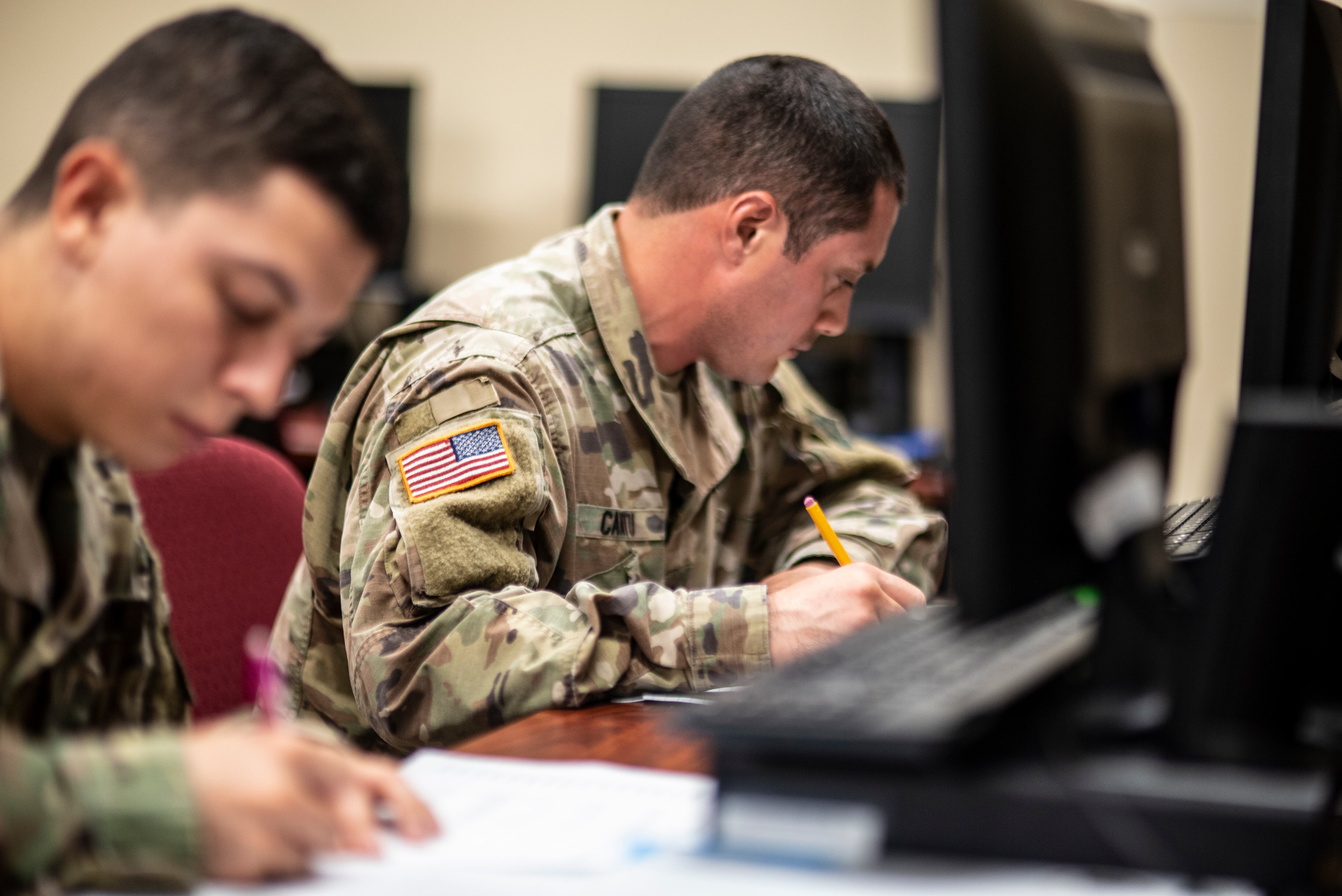ASPEN, Colo. — The U.S. is seeking a political resolution to the crisis in Syria and won’t insist on Syrian President Bashar Assad’s immediate ouster, President Donald Trump’s homeland and counterterrorism adviser said Thursday.
“I don’t think it’s important for us to say Assad must go first,” Tom Bossert said at the Aspen Security Forum, an annual gathering of intelligence and national security officials and experts. “The U.S. would still like to see Assad go at some point. That would be our desired outcome.”
Bossert said there needs to be a political outcome in Syria, not a military-imposed one that has no political strategy to fill a void in leadership. Still, he said Assad staying in control does not offer the best hope for a peaceful Syria. Whether Assad’s leaving “comes first or second or soon thereafter, it would be a nice outcome.”
Bossert spoke following news reports that Trump had decided to halt the CIA’s years-long covert program to arm and train moderate Syrian rebels battling the Assad government. Russia had long pushed the United States to end the program.
The phasing out of the secret program was reported by The Washington Post on Wednesday. Officials told the newspaper that ending the operation reflects Trump’s interest in finding ways to work with Russia. The program was a key component begun by the Obama administration to put pressure on Assad to relinquish power.
The CIA began the covert operation in 2013 to arm, fund and train a moderate opposition to Assad. By some estimates, the CIA trained some 10,000 fighters.
In October 2015, the CIA-backed rebels were being bombarded during Russian air campaigns in Syria. U.S. officials said then that the Russian air campaign was aimed at weakening U.S.-funded groups and other moderate fighters battling Assad’s forces.
CIA Director Mike Pompeo, who at the time was a Republican congressman representing Kansas, said then that the Russians were fully aware of whom they were targeting and that the bombing locations not connected to Islamic State fighters.
For years, the CIA effort had foundered and some lawmakers had proposed cutting its budget. Some CIA-supported rebels had been captured; others had defected to extremist groups. But in late 2015, CIA-backed groups, fighting alongside more extremist factions, had begun to make progress in south and northwest Syria.
Some Syrian rebel officials said they are not officially aware yet that the U.S. has stopped its program to back the moderate opposition. One warned that such a move if true it will make extremist groups stronger.
Col. Ahmad al-Hamada, an army defector who is now with the rebel group known as the Northern Division, said by telephone from Turkey: “There is a big question mark regarding the American decision. The moderate Syrian opposition should receive that backing.”
He said, “The opposition that is backed by the U.S. and other countries is fighting the regime of Bashar Assad that used chemical weapons to kill the Syrian people, and they are also fighting Daesh and other groups that are considered terrorist organizations.”
“By ceasing the support this means you are making the moderate Syrian opposition weak in front of groups that are stronger on the ground,” al-Hamada warned.
He added that if the countries that support the Syrian opposition had been more serious in arming moderate groups, hardliners wouldn’t have become that powerful.
“Moderate groups are the strong opposition that could help prevent the rise of extremist groups in the region,” he said, adding that the U.S. should arm, train and help moderate rebel groups in their battle against Assad’s government and extremist groups such as Islamic State and al-Qaida.
“By not arming the moderate opposition they are indirectly making extremist groups become more powerful at a quick pace.”
Al-Hamada said the U.S. continues to back the Kurdish-led Syrian Democratic Forces “that the Syrian people consider a secessionist group and not national.” The SDF has been a main force fighting IS in Syria.
Maj. Issam el Rayyes, spokesman for the Southern Front, a coalition of several dozen moderate rebel groups that is fighting Syrian government forces south of the country, said they have not been informed about ending the CIA program, adding that he will only comment once there is an official statement out.
Bossert defended Trump’s policy in Syria.
“What clearly this president has done has obtained some ceasefire that’s durable through some cooperation with the Russians despite all the domestic political brouhaha. ... I think he has demonstrated a desire at least to have safe havens so that we don’t have a refugee and a migration problem that plagues Europe and eventually the United States in a way that we can’t maintain security control of.”
Andrew Tabler, with the Washington Institute for Near East Policy, said at the security summit that the covert program was run out of two operation centers — one in Jordan and one in Turkey.
“What it’s done over time, and with very limited covert support, is it’s propped up a number of groups ... fighting against the Assad regime,” Tabler said. “That has not been a successful strategy in a number of ways. One of them is that the nature of a covert program lacks political coherence. It’s very difficult to get those involved in a revolution focused politically in a different direction.”
Mroue reported from Beirut.





